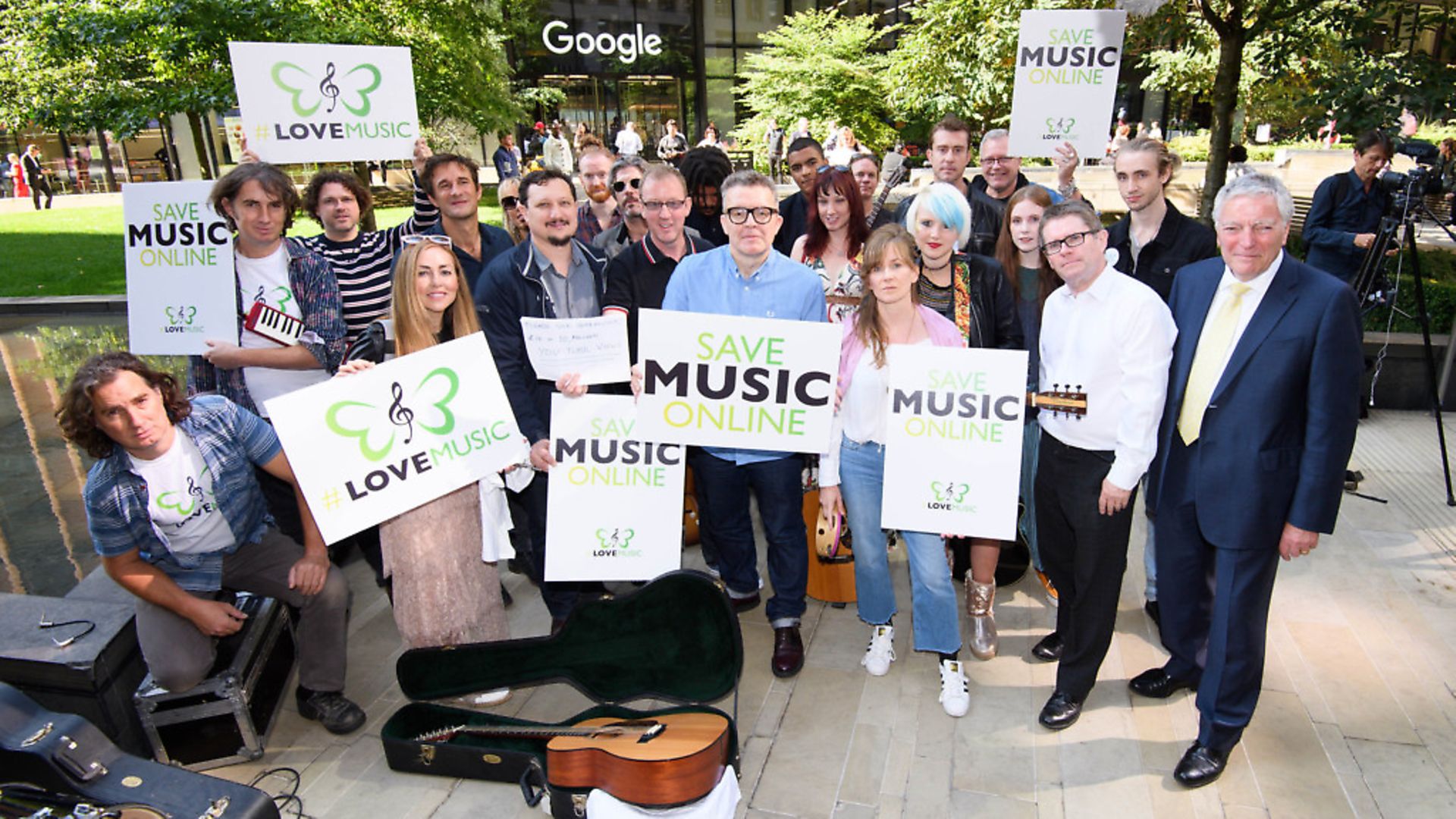
The EU is holding big online firms to account – but Brexit means the new legislation will not become law in the UK. MARY HONEYBALL explains how we will be the losers because of it.
As the date for requesting an extension to the Brexit deadline draws closer, the UK government continues to strut forth in kamikaze mode. The country is rightly concerned about the subjects at the top of the negotiators’ lists – a trade agreement, state aid, food standards, access to fishing waters. Yet there is a plethora of other vitally important EU legislation either in existence or being actively considered which is nowhere on the radar in the UK.
Crucially, the European Union is now moving forward with proposals on digital platform regulation from which Britain, now a third country, will be excluded. The European Commission is in the process of initiating a public consultation concentrating on the protection of consumers who buy goods and services over the internet.
The consultation proposes clear rules framing the responsibilities of digital services to address the risks faced by their users and protect their rights. At present there are no legal sanctions if such services choose not to remove products which are not compliant with EU standards. The European Commission is therefore looking to introduce rules to cover large online platforms acting as gatekeepers and ensure that those platforms behave fairly. A major aim is to introduce measures so that newer platforms do not face unfair competition.
The giant platforms – Google, Facebook and Amazon – have had few challenges to either their global reach or the way they conduct themselves. The information revolution has and still is transforming the way we live, mostly for the better. The coronavirus lockdown would have been far less bearable without the likes of Zoom, Skype, Facebook and other possibilities for remote connection. The ability to send messages round the world, stream music anywhere with an internet signal and look up complicated data at the click of a button has helped lessen the effects of isolation and lack of human contact as well as making our lives more productive and more enjoyable in the longer term.
Have your say
Send your letters for publication to The New European by emailing letters@theneweuropean.co.uk and pick up an edition each Thursday for more comment and analysis. Find your nearest stockist here or subscribe to a print or digital edition for just £13. You can also join our readers' Facebook group to keep the discussion and debate going with thousands of fellow pro-Europeans.
However, the way the system crafted by corporate America works in practice has major downsides. The big internet providers, all of then American, have created a kind of Wild West in cyberspace where they get away with paying far less tax than is their due and take almost no responsibility for what goes on their platforms. While the staff at Facebook now feel that something needs to be done about incendiary remarks recently posted by President Trump, the organisation’s founder Mark Zuckerberg appears to be having difficulty accepting that action must be taken.
While the American internet companies attempt to maintain the status quo and only a very few American politicians take any interest in what is going on, the European Union is out in front showing the world a way to move forward. The European Commission is actively seeking to protect consumers and make the internet platforms face up to their responsibilities.
The European Commission intends to introduce measures to make companies such as Amazon more responsive if and when customers flag-up products that do not comply with EU standards. EBay, for example, would have to be clearer about what went on to its platform and work out how it would do this given that the eBay does not come into contact with the material sold on its platform. In this way protection for internet consumers would be brought up to date and be more suited to the digital age.
The EU has already taken action in relation to intellectual property, a huge casualty of the rise of world-wide internet platforms. The EU Copyright Directive agreed last year made Google, Facebook and the other providers liable for ensuring that content posted on their platforms complied with copyright laws. This was a major advance in stamping out intellectual property piracy and of huge importance to the creative industries.
Unfortunately, the Copyright Directive was not passed in time for it to be included in the EU legislation to be converted into UK law. This means that, unless this Brexit government takes action to protect intellectual property, piracy will remain a problem throughout Britain. Given that the creative sector is one of the UK’s main revenue generators, the hope must be that Boris Johnson will understand its importance and act accordingly.
Meanwhile, Britain is losing out on EU initiatives which would be of massive benefit. A review of digital services to make sure that the goods we buy over the internet are sound and of good quality is surely desirable. Having lost the advantages conferred by EU membership and now possibly giving up on a good trade deal, Britain will undoubtedly be much worse off.
The internet is by its nature not confined to one nation state. Improvements in the way the platforms operate and regulation to protect our interests has to be done internationally. As long as the UK maintains the fiction that there is such a thing as global Britain and that it can go it alone, the British people will be the losers.









